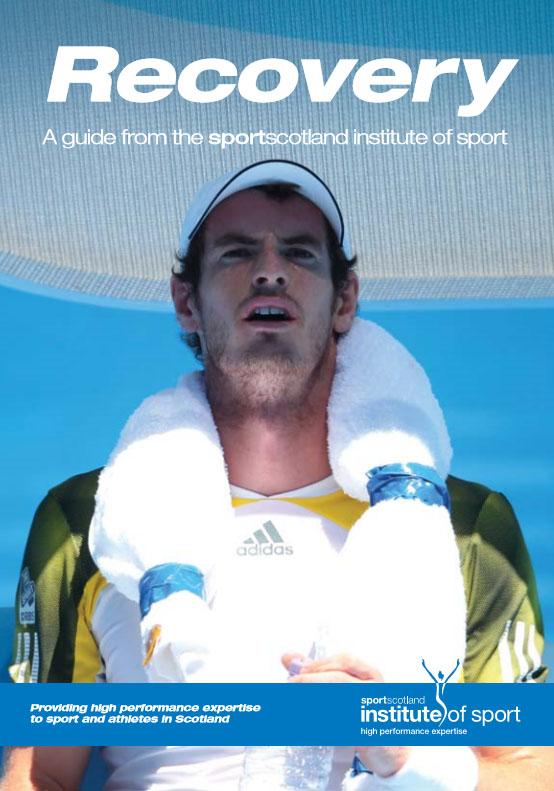
Effective recovery from intense training is the difference between success and failure in sport
- Recovery can be defined as the re-establishment of the initial state
- Recovery takes several forms – it could be the immediate compensation, restoring the deficit that the training produces and/or the longer term management of a training programme
- Recovery does not always need to be relaxation and can occasionally be tension. Sometimes it might just be a change of stress or reduction in tension. This recovery takes place through enhancement of activity (e.g. physical exercise), reduction of activity (e.g. sleep) or a change of activity (e.g. physically cross training or mentally relaxing with a book)
- Recovery needs to be individualised and involve more than one strategy. Recovery can be passive, active or pre-active but needs planning and is more than “not training”. It is an integral part of training
- Intelligent recovery improves performance
There is very little scientific evidence for specific recovery measures. Where there is science, there is controversy about what is being measured. This document is produced using a mixture of best practice and scientific evidence, if this exists to support this.
All athletes will be at different stages in their sporting journey and this resource should be used as appropriate for the individual and sport.
As with many areas of our work, advice of this kind is often open to healthy debate. We are certain that within this wide range of topics and detailed information, we provide some excellent resources as a guide for our readers.
